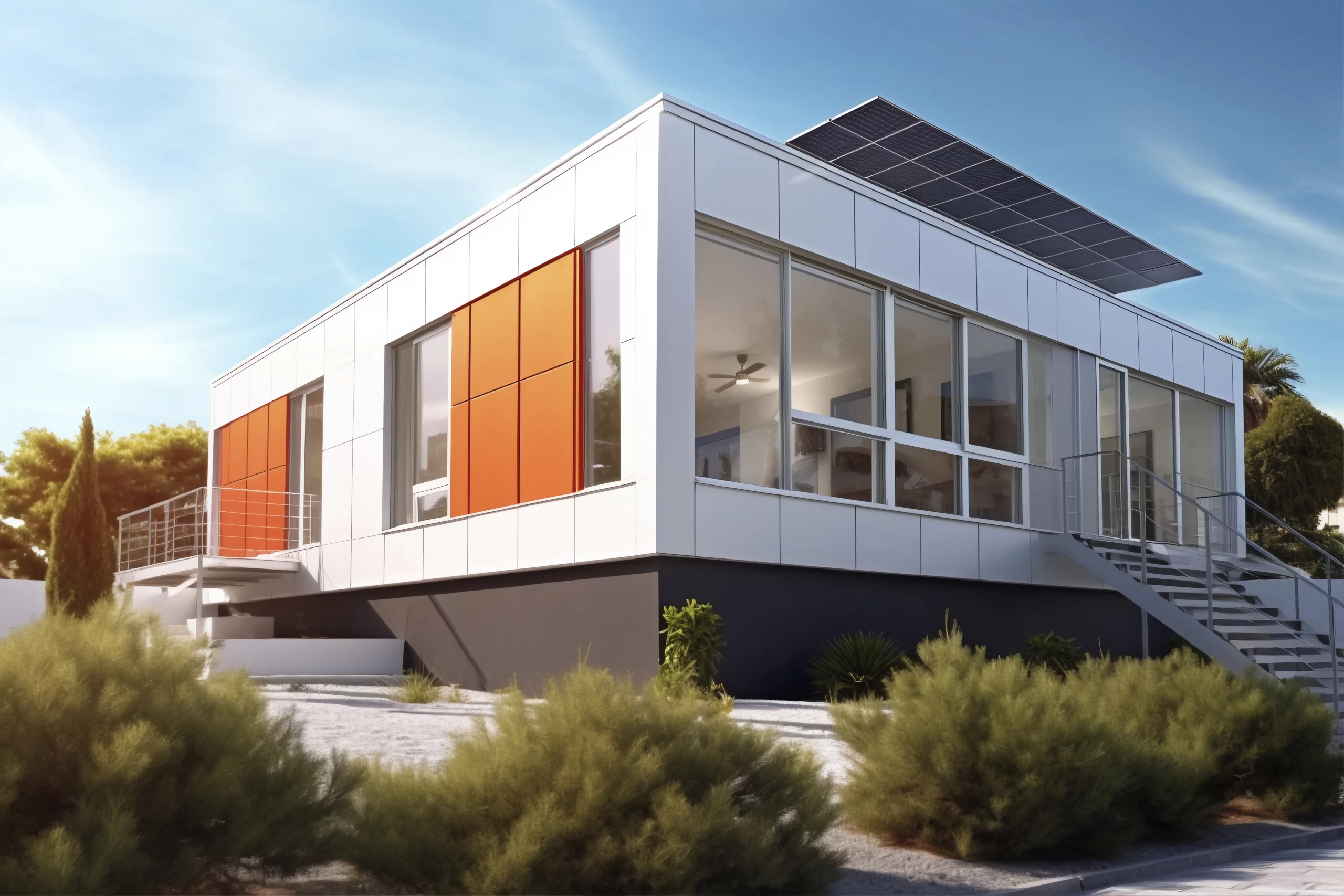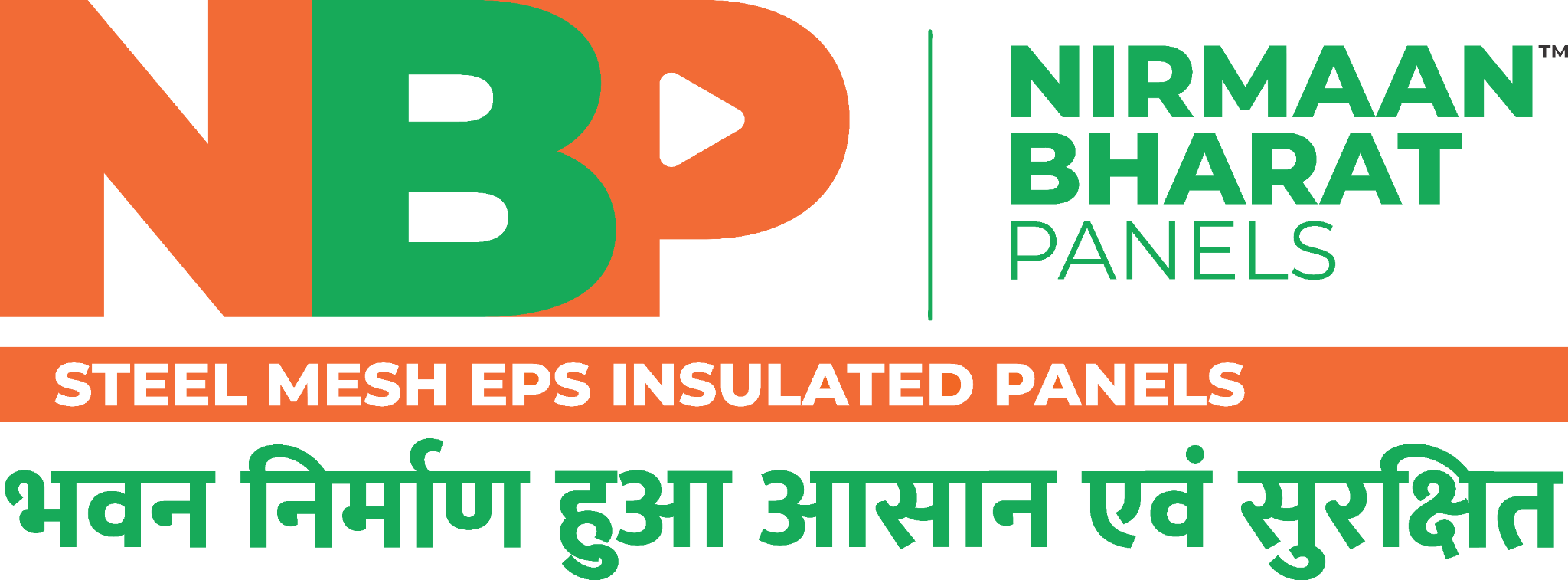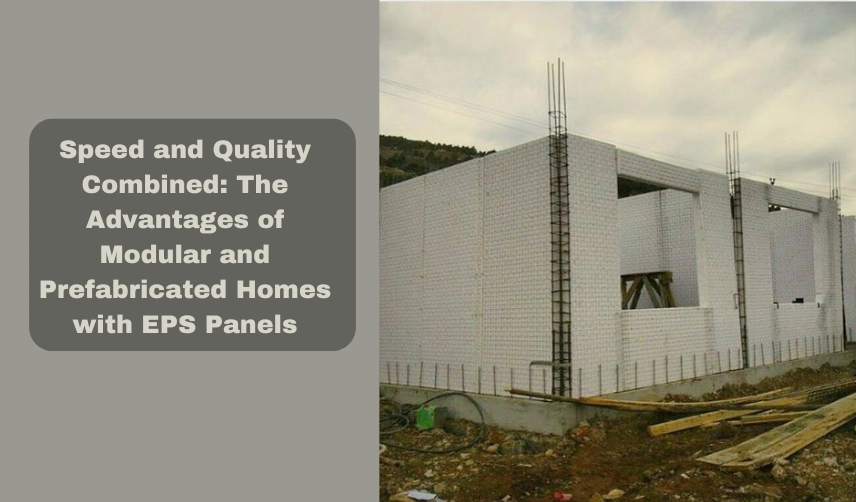In the quest for efficient, sustainable, and high-quality housing solutions, the construction industry has seen significant innovations over the years. Among these, modular and prefabricated homes have emerged as a game-changing option, particularly when combined with EPS (Expanded Polystyrene) panels. These homes offer a unique blend of speed, quality, and environmental friendliness, making them an attractive choice for modern homeowners. This blog post delves into the myriad advantages of modular and prefabricated homes built with EPS panels.
Table of Contents
ToggleWhat Are Modular and Prefabricated Homes?
Modular and prefabricated homes are constructed in sections or modules within a controlled factory environment. These modules are then transported to the construction site and assembled to form a complete home. This method contrasts sharply with traditional on-site construction, where all building activities occur sequentially at the location.
Understanding EPS Panels
EPS panels are a type of insulation material made from expanded polystyrene, a lightweight, rigid foam with excellent thermal properties. These panels are often used in construction for their insulation qualities, structural strength, and versatility. When used in modular and prefabricated homes, EPS panels contribute significantly to the overall efficiency and quality of the building.
Speed of Construction
One of the most compelling advantages of modular and prefabricated homes with EPS panels is the speed of construction. Traditional building methods can be time-consuming due to various factors like weather conditions, labor availability, and sequential workflow. However, modular construction allows for simultaneous activities. While the site is being prepared, modules are built in the factory. This parallel processing can reduce construction time by up to 50%.
EPS panels further expedite this process. Their lightweight nature makes them easy to handle and install, reducing labor time. Additionally, the precise manufacturing process in a controlled environment ensures that each panel meets exact specifications, minimizing delays associated with on-site adjustments and errors.

Quality Control
Quality is a critical consideration in home construction. Modular homes built with EPS panels excel in this regard due to the stringent quality control measures inherent in factory-based manufacturing. Each module undergoes rigorous inspection at various stages, ensuring that the final product meets high standards of safety, durability, and performance.
EPS panels contribute to this quality through their consistent structural integrity and superior insulation properties. Unlike traditional building materials that can be affected by moisture and temperature fluctuations, EPS panels maintain their form and function over time. This reliability translates into a longer-lasting, lower-maintenance home.
Energy Efficiency
Energy efficiency is a significant advantage of using EPS panels in modular and prefabricated homes. EPS panels have excellent thermal insulation properties, which help maintain a stable indoor temperature regardless of external weather conditions. This insulation capability reduces the need for heating and cooling, leading to substantial energy savings and lower utility bills for homeowners.
Moreover, EPS panels are also effective in reducing thermal bridging—a common issue in traditional construction where gaps in insulation lead to energy loss. The seamless and continuous nature of EPS insulation ensures that there are no weak spots, enhancing the overall energy efficiency of the home.
Sustainability and Environmental Impact
Sustainability is a growing concern in the construction industry, and modular homes with EPS panels offer several environmental benefits. The factory construction process generates less waste compared to traditional on-site construction. Precise cutting and fitting of materials ensure minimal scrap, and any leftover materials are often recycled within the factory.
EPS panels themselves are environmentally friendly. They are made from 98% air and only 2% plastic, requiring less raw material and energy to produce compared to other insulation options. Additionally, EPS is recyclable and can be repurposed into new products, reducing landfill waste.
The energy efficiency of EPS-insulated homes also contributes to a reduced carbon footprint. Lower energy consumption for heating and cooling translates to fewer greenhouse gas emissions, aligning with global efforts to combat climate change.
Flexibility in Design
Contrary to common misconceptions, modular and prefabricated homes offer remarkable design flexibility. Homeowners can choose from a wide range of styles, sizes, and finishes to create a personalized living space. EPS panels enhance this flexibility due to their lightweight and versatile nature. They can be easily cut and shaped to fit various architectural designs and specifications.
Furthermore, the modular approach allows for easy expansion and modification. Homeowners can add new modules or reconfigure existing ones without the extensive disruption associated with traditional renovations. This adaptability makes modular homes with EPS panels an ideal choice for growing families or those seeking to future-proof their living spaces.
Cost-Effectiveness
Cost is often a decisive factor in home construction, and modular homes with EPS panels present a cost-effective solution. The efficiency of the factory construction process reduces labor costs and construction time, translating to lower overall expenses. Additionally, the superior insulation provided by EPS panels leads to long-term savings on energy bills.
Moreover, the durability and low maintenance requirements of EPS panels mean that homeowners will spend less on repairs and upkeep over the years. These cost savings, combined with the potential for quicker occupancy and rental income for investment properties, make modular homes an economically attractive option.
Conclusion
The advantages of modular and prefabricated homes with EPS panels are clear. They offer a harmonious blend of speed, quality, energy efficiency, sustainability, design flexibility, and cost-effectiveness. As the demand for efficient and environmentally friendly housing continues to rise, these homes represent a forward-thinking solution that meets the needs of modern living. Whether you’re a prospective homeowner looking for a quick, reliable build or an investor seeking a sustainable, profitable property, modular homes with EPS panels deserve serious consideration. Embrace the future of construction and experience the benefits firsthand.
Also, read



